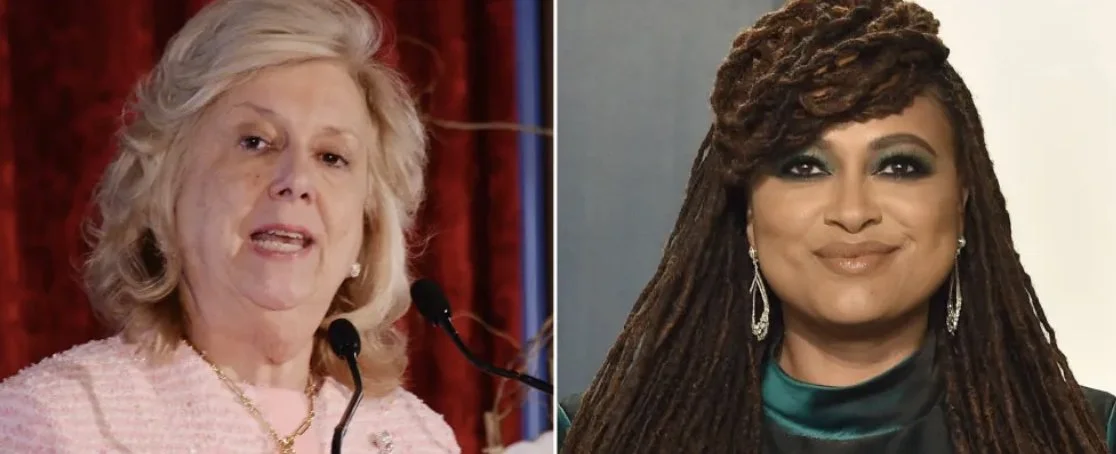A New York Times piece, about Netflix and Ava DuVernay being in legal trouble, caught my attention, I then started to dig a bit more into this story and, suffice to say, this could become major in the coming weeks.
Netflix has been ordered by a federal judge to face a defamation lawsuit by former Manhattan prosecutor Linda Fairstein over her portrayal in DuVernay’s 2019 crime drama, “When They See Us,” about the Central Park Five case.
U.S. District Judge Kevin Castel ruled that Fairstein’s allegation, that Netflix, DuVernay and writer-producer Attica Locke acted with actual malice in the portrayal of Fairstein, was credible.
In the series, Fairstein, played by Felicity Huffman, withholds evidence, coerces confessions and orders a mass police roundup of young Black men in Harlem. According to Puck News, she is “portrayed as being obsessively biased against the Black and Latino teens, calling them “animals” and overlooking inconsistencies in their confessions”.
The ramifications from this story have been incredibly damaging for Fairstein, whose entire life got turned upside down because of the villainous portrayal:
Backlash from the series caused Fairstein to lose her publisher, resign under pressure from several boards and be attacked on social media including under the hashtag #CancelLindaFairstein.
Fairstein claims that DuVernay and Netflix “reverse-engineered plot points to attribute actions, responsibilities and viewpoints to [her] that were not hers and are unsupported in defendants' substantial body of research materials."
“When They See Us” portrayed the ordeal of five New York teenagers who were coerced into confessing to assault and rape in 1989, only to be exonerated over a decade later. The docudrama was nominated for more than a dozen Emmys.
In their rebuttal, Netflix claimed the lawsuit could set a precedent and affect future filmmakers' ability to dramatize controversial, real-life events when told from "different and often marginalized perspectives."
Could Fairstein demonstrate the streaming giant knowingly spread falsehoods and was recklessly indifferent to the truth? Here’s Puck describing the stakes at hand in this interesting lawsuit:
The clash has the potential to impact the filmmakers involved with the series and maybe even raise fundamental questions about the future of the popular docudrama genre.
Fairstein might have some some strong evidence to back up her claims.
In her deposition, DuVernay was asked if she had any evidence that Fairstein actually led the investigation into the Central Park jogger case. DuVernay’s answer? She couldn’t recall, but she did manage to sneak in another jab at Fairstein: “What she represents at large to me are the injustices that took place in the investigation and prosecution that she led.”
There is also evidence that Netflix’s “director of original series”, Alison Engel, after attending a “culture summit” at Netflix, wrote down the following note, “Linda Fairstein— think of this as a reckoning for her prosecutorial misconduct.”
Finally, Fairstein has included, as part of her evidence, an open social media conversation between DuVernay and Attica Locke, one of the co-writers of the series, where they discuss the backlash against Fairstein: “She ‘bout to feel it all.”






